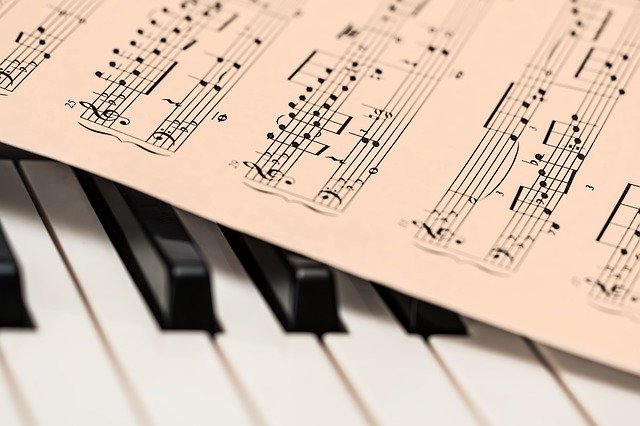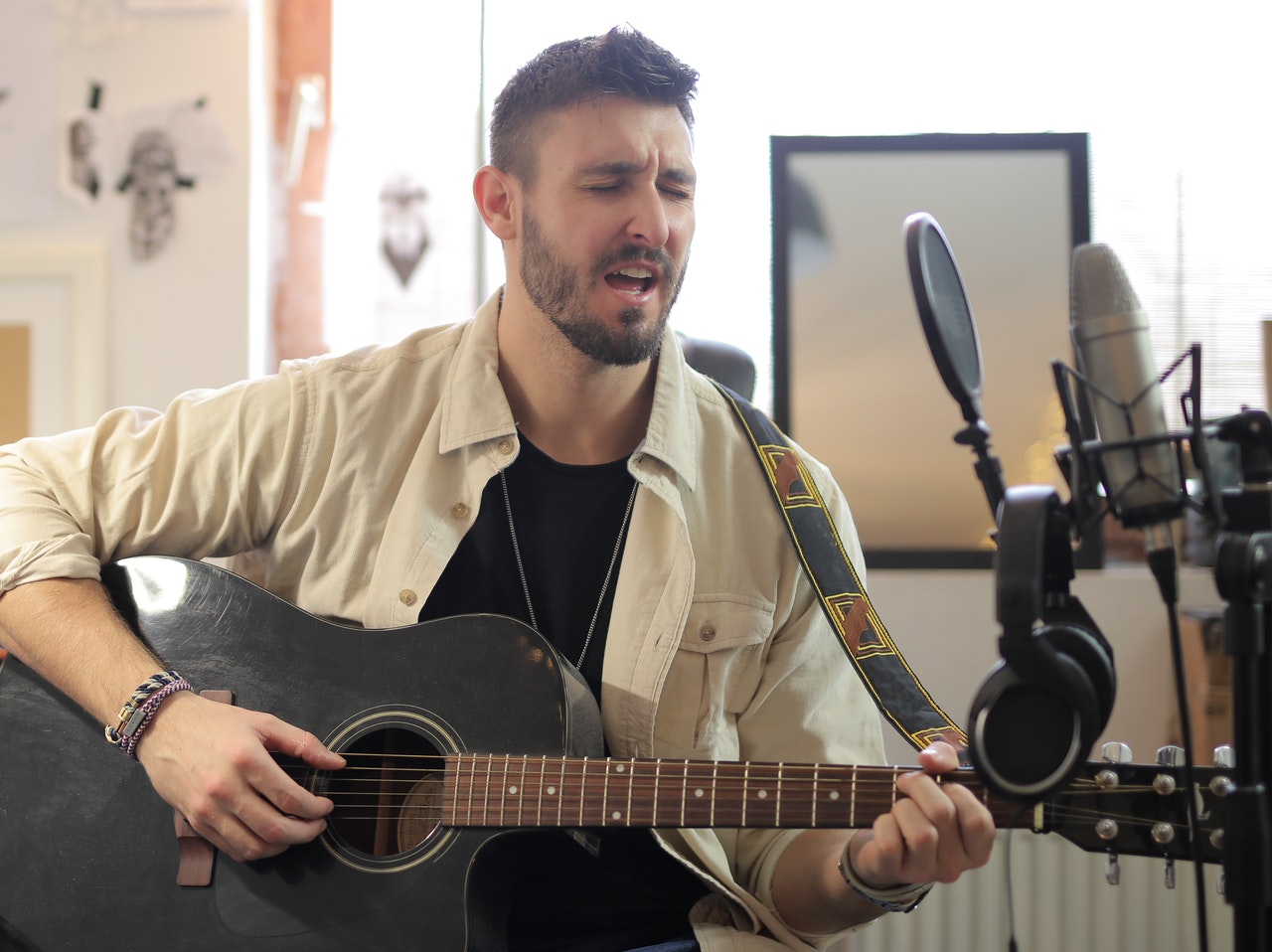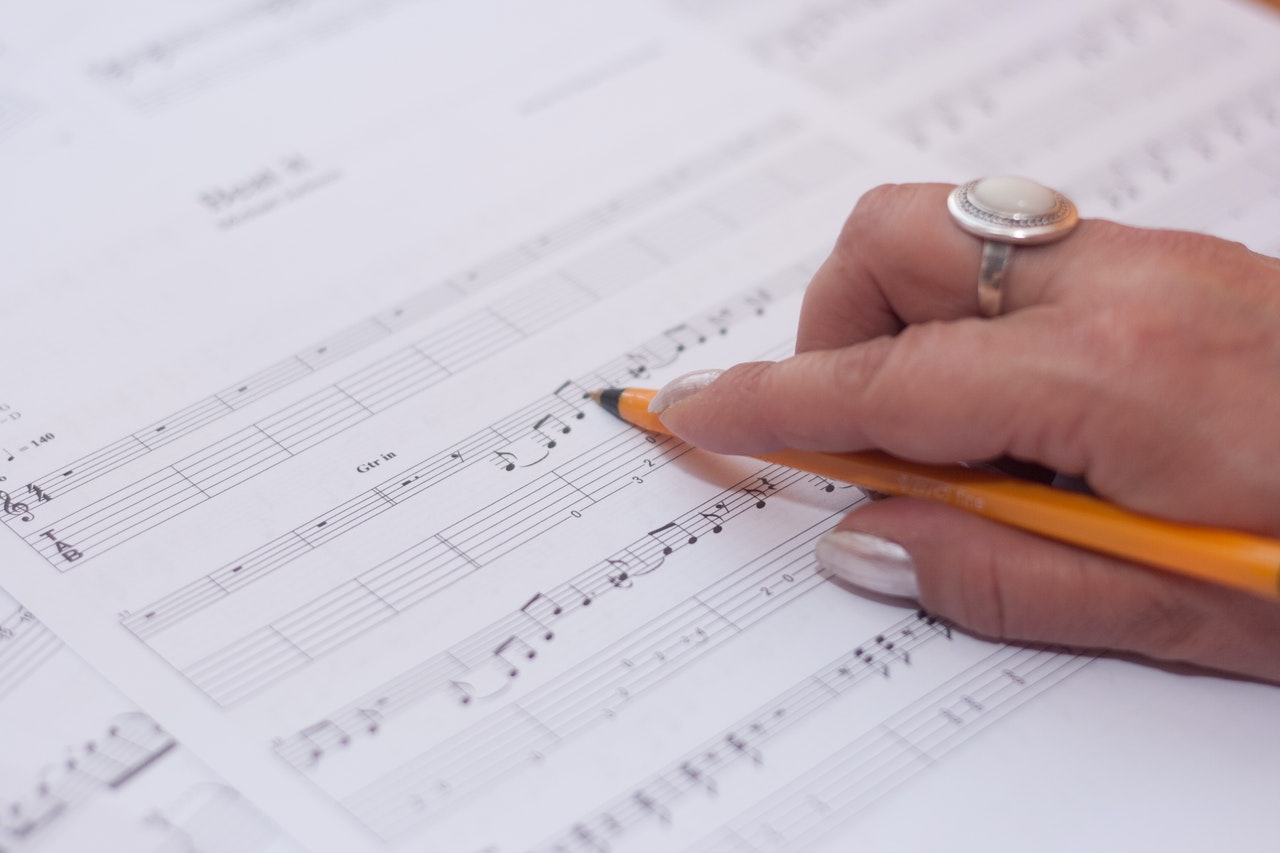The music production process can be a little daunting especially when first starting out. The great thing about it is the more you progress at it the more you will develop your own style of music production. However, we have compiled a list of steps that can help you to not only navigate the production process but also work to the best of your abilities.
The Steps To Music Production
Composition
This is the general stage of music production and the stage of gathering ideas. The choices you make in this stage will help to define the song, genre, vibe, and style. It is basically the stage where you outline the structure of your music and start to shape exactly where you want it to go. Remember that once the core and main ideas are established it is hard to change them as you go further into the production process. You will need to decide on a tempo, select your basic instruments to be used, and build your basic beat.
Arrangement
This is where you will take your ideas and try to organize them and lay them out in a timeline. This is the stage where you start to build around the beat, tempo, etc established in the composition stage. You’ll develop the chorus, bridges, verses, breakdowns, etc. You want to think about any empty space, the harmonic structure, duration, and things like that. While it seems a bit complicated, remember to keep it simple.
Sound Design
This is the final stage before missing begins. This is where you can get creative with audio effects, edit your samples, fill in arrangements, and have your final creative discussions. This stage is the final stage before everything comes together you have produced your vision of music.
Mixing
This is where you combine multiple layers of audio to create your one final track! This is the part where you make sure all of your moving parts blend well together and sound good together. While you can make some adjustments and help to polish all sounds and whatnot, it is important to remember that by this stage you should be pretty confident in the sounds and melodies that you are bringing together. This is where all the power in your music is displayed!



